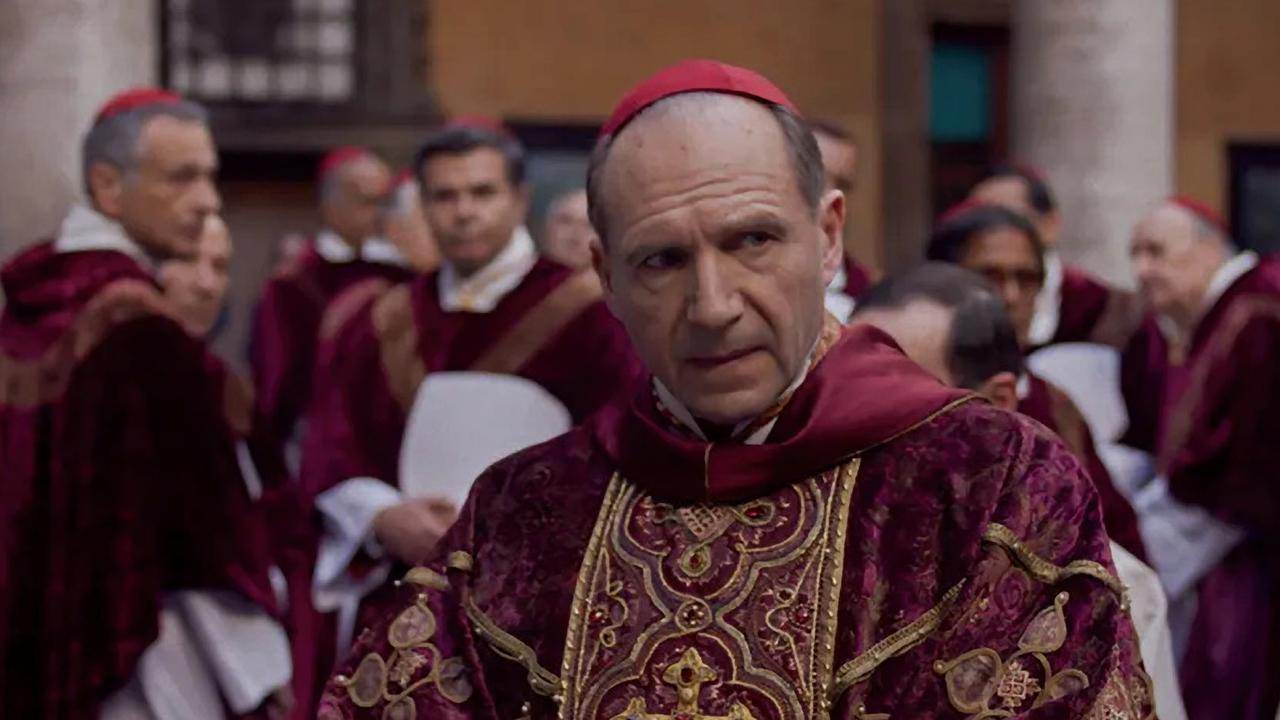Barnier in hot seat as French budget deadline looms
Emmanuel Macron’s appointment of Michel Barnier as Prime Minister shows little sign of ending the political turmoil ignited by snap elections three months ago.

Emmanuel Macron has appointed Michel Barnier, the EU’s former Brexit negotiator, as France’s Prime Minister in an attempt to find a path out of the political crisis that has gripped the country since the President called snap elections three months ago.
In choosing Mr Barnier, a 73-year-old member of the conservative Republicains party and former foreign minister, Mr Macron is seeking to preserve his pro-business overhauls. He is also sticking with a paternalistic governing style that has alienated swaths of the French public.
The move comes in defiance of the New Popular Front, a leftist coalition that won the most parliamentary seats in July’s elections after campaigning on a pledge to roll back Mr Macron’s unpopular decision to raise the country’s retirement age. Mr Macron made a massive bet in calling the snap elections, gambling that voters would rally around his centrist ranks and reject parties from the far ends of the political spectrum.
Instead, voters split their votes between a multitude of parties, resulting in the most divided National Assembly in the history of France’s modern republic. The President’s ranks shed dozens of seats, forcing prime minister Gabriel Attal to resign and opening a debate over which party was entitled to field his successor.
At a handover ceremony with Mr Attal, who served only eight months in office, Mr Barnier said the priorities of his government would include “responding, as much as we can, to the challenges, to the angers, to the suffering” of French people.
Mr Macron rejected a candidate floated by the New Popular Front – a coalition of socialists, greens, communists and the far-left France Unbowed – insisting the alliance’s candidate didn’t have enough support in the National Assembly to survive a confidence vote. “The election was stolen from the French people,” Jean-Luc Melenchon, leader of France Unbowed, said on Thursday, calling for protests.

It remains uncertain whether a government led by Mr Barnier can find a majority in the Assembly. The backing of 58 deputies is required to hold a no-confidence motion and 289 votes to pass it and force a government to resign. The NPF, which has 193 seats, has said it would vote against any government led by a right-leaning prime minister.
That means the survival of Mr Barnier’s new government will likely depend on Marine Le Pen’s far-right National Rally, which garnered 126 seats. On Thursday, Ms Le Pen said her party’s support for Mr Barnier would depend on how he handles “the fundamental issues that interest us”, including “out-of-control immigration, rampant crime and preserving the purchasing power of the French people”.
Ms Le Pen’s willingness to consider dealing with a government led by the former Brexit negotiator is a measure of how her party has abandoned Euroscepticism as its animating force. She is no longer demanding an exit from the euro, as she did in the 2017 presidential election she lost to Mr Macron. Still, Ms Le Pen remains highly critical of the EU’s failure to crack down on immigration, and her party campaigned during the snap election on a promise to slash France’s contributions to the EU.
During the talks on Britain’s divorce from the EU, Mr Barnier proved adept at keeping member states united behind Brussels’ negotiating position, showing himself attuned to the different national interests at stake.
His appointment followed weeks of consultations between Mr Macron and parties across the political spectrum that his office described as unprecedented. The President, his office said, made the decision in accordance with his constitutional duties, with the aim of producing a government “as stable as possible”.
Mr Barnier is up against the clock. The deadline to submit next year’s budget to parliament is less than a month away, and investors are on edge over France’s ability to tackle its yawning public deficit. The spending programs Mr Macron enacted to soften the impact of inflation and the Covid-19 pandemic have blown a hole in France’s public finances. France’s deficit reached 5.5 per cent of economic output in 2023.
The most immediate task facing Mr Barnier is the selection of a cabinet, picking ministers that build consensus among the country’s fractious parties. Ms Le Pen said members from her party would not join the cabinet.
The Wall Street Journal



To join the conversation, please log in. Don't have an account? Register
Join the conversation, you are commenting as Logout